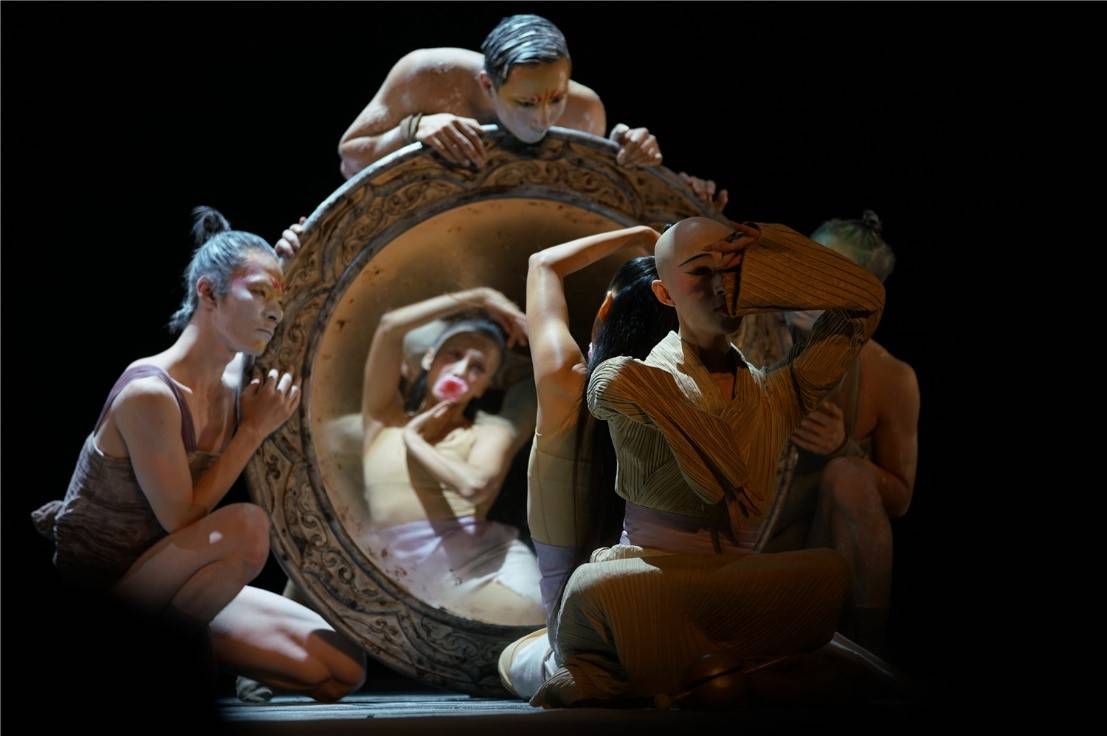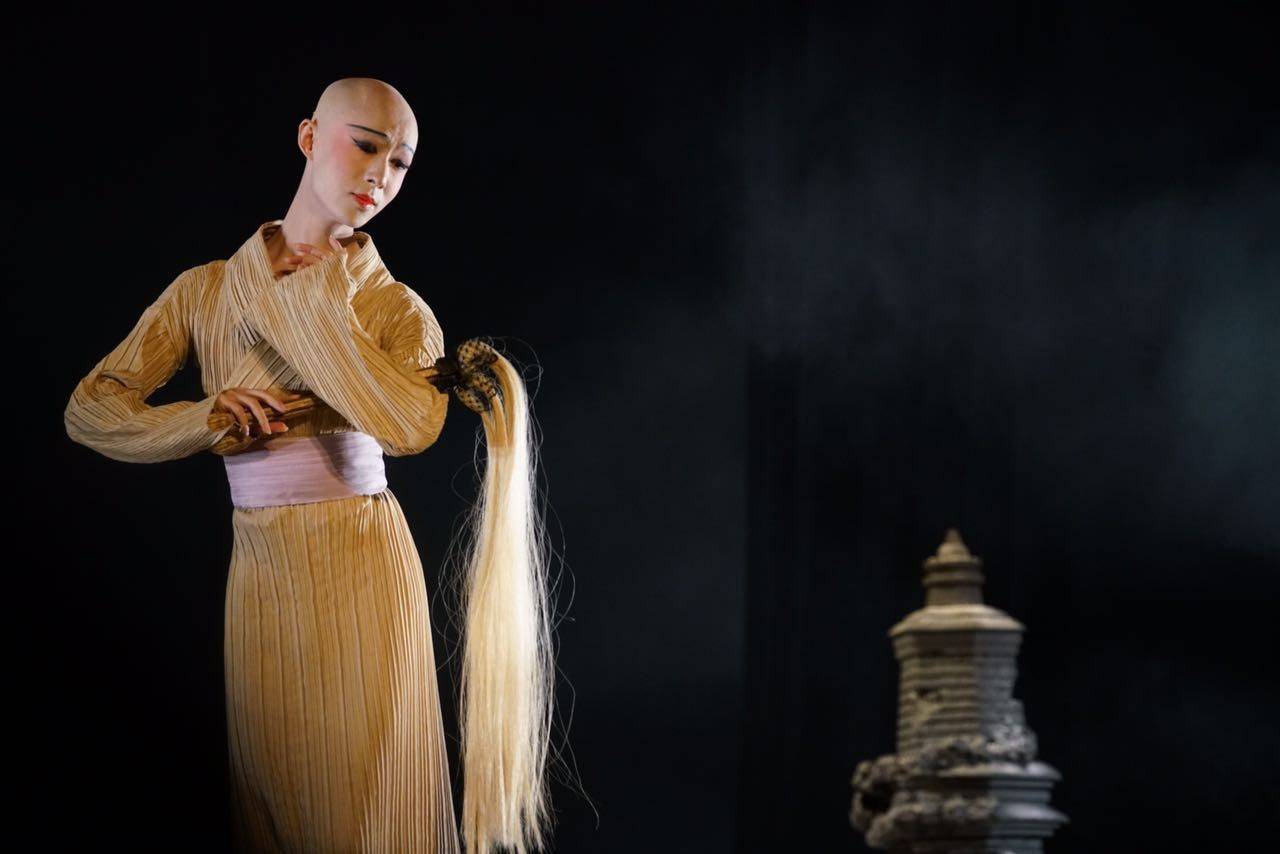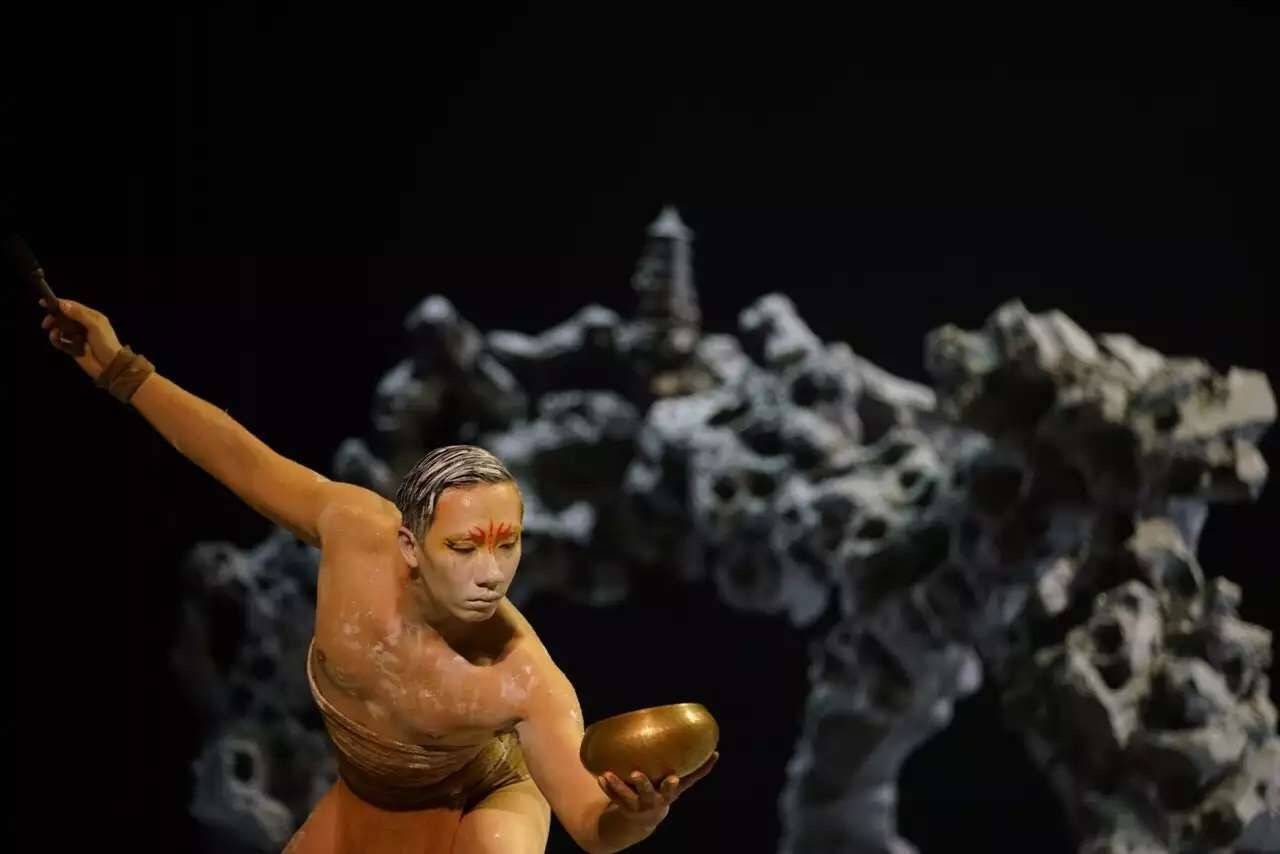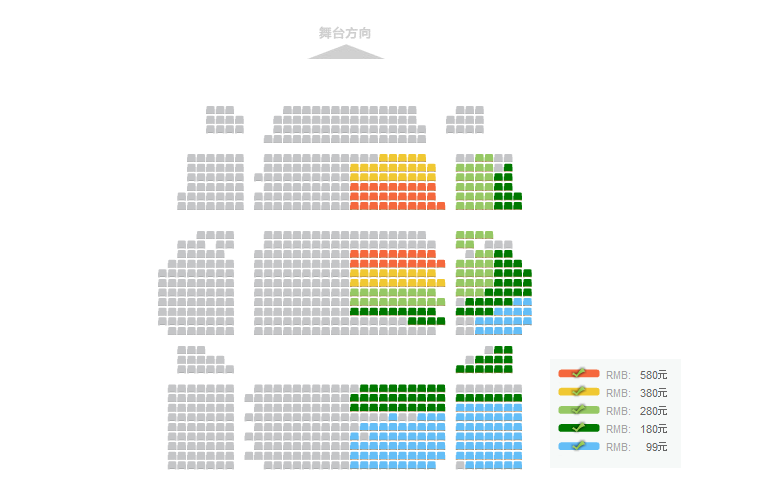
Escaping From the Temple
Venue:
Beijing Tianqiao Performing Arts Centre Lyric Theatre
Building 9, Tianqiao Nan Dajie Xicheng Beijing
Date:
4/14/2018 - 4/15/2018
This ticket is only available as a paper ticket

Escaping From the Temple
4/14/2018 - 4/15/2018
Beijing Tianqiao Performing Arts Centre Lyric Theatre
Building 9, Tianqiao Nan Dajie Xicheng Beijing
¥99 - ¥608
Paper ticket
Event details
Escaping From the Temple was derived from two famous Chinese Kunqu Operas: Longing For the Mundane and Going Down the Mountain. As far as the difficulty level is concerned, Longing For the Mundane is well known as the demanding one to perform for female artists. In his book My Country and My People, famous author Mr Lin Yutang once marvelled at the monologue script of the young nun in Longing For the Mundane that, "this is undoubtedly a top-notch literature in China."

Zhao Liang inventively presents the Kunqu Opera singing and dance performances simultaneously on the stage, featuring both the natural beauty of the former and the avant-garde dynamics of the latter. Such approach to incorporate "drama within drama" is very challenging. The role of the young nun is played out by two people, among whom Ms Dong Fei has been trained under the lineage of the great Peking Opera master Mr Mei Lanfang. She will play the role of Empty and sing Kunqu alive on the stage.

The story
On a beautiful spring day, a young nun met a young monk and they fell in love with each other. Eventually, both of them left their temples and went down the mountain together. The ending is the climax of the story. However, is it an illusion of the young nun or a projection of the audiences for a "happy ending"? The amazing part of Escaping From the Temple lies in its open ending. The audiences may uncover one layer of the story after another...

Notice
Date: 14th Apr (Sat) - 15th Apr (Sun) @ 19:30
Duration: 70 mins, no intermission
Children under 1.2m are not allowed to enter inside.


Follow our WeChat for event news, deals, gossip and more!
Book Now
Escaping From the Temple
Venue:
Beijing Tianqiao Performing Arts Centre Lyric Theatre
Building 9, Tianqiao Nan Dajie Xicheng Beijing
Date:
4/14/2018 - 4/15/2018
This ticket is only available as a paper ticket
© 247tickets 2020 沪ICP备19024898号-2

 Add us on WeChat to speak to our friendly customer service team! ID: love247tickets
Add us on WeChat to speak to our friendly customer service team! ID: love247tickets